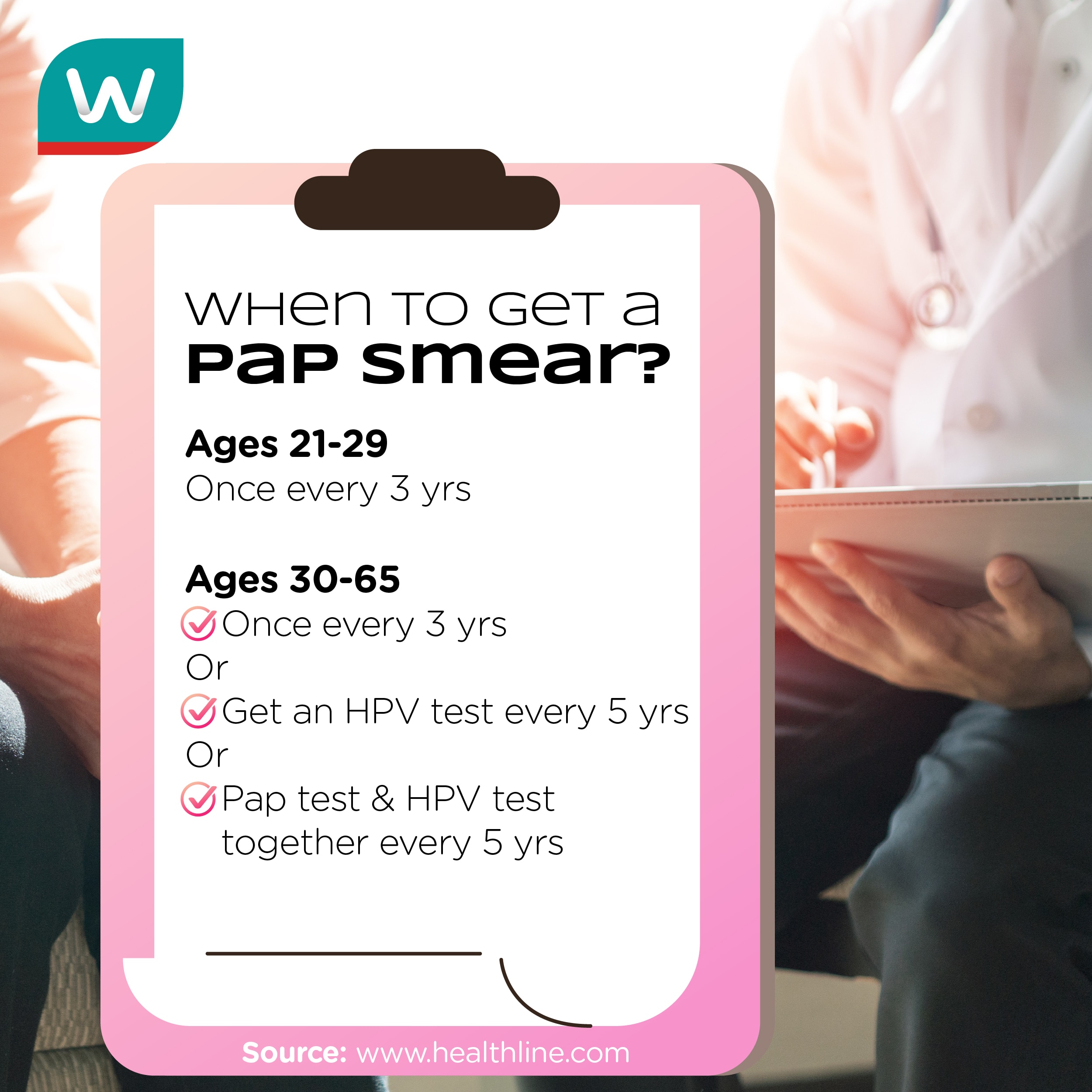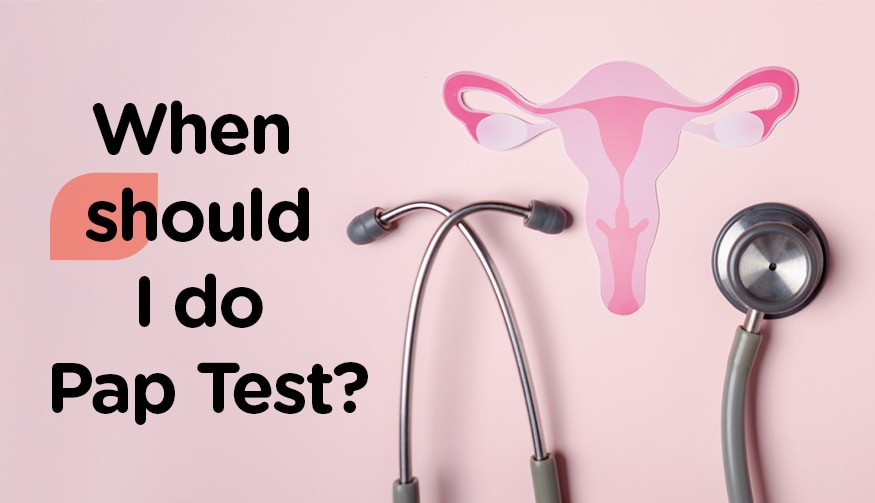A Pap Test, also known as a Pap Smear Test, is a critical screening tool for cervical cancer. It’s a simple procedure that can save lives by detecting abnormal cells in the cervix before they turn into cancer. Understanding when to get a Pap test and how to prepare for it can help ensure the most accurate results.
When to Get a Pap Test

The guidelines for Pap Tests can vary slightly depending on your health history and risk factors, but here are general recommendations:
Start at age 21: Routine Pap Testing should begin at age 21.
Ages 21-29: Women should have a Pap Test every three years.
Ages 30-65: It’s recommended to have a Pap Test every three years, or every five years if combined with an HPV Test.
Over Age 65: Pap Tests may no longer be needed if previous tests have been negative. However, consult your doctor to make the best decision based on your health.
Dos and Don’ts Before a Pap Smear Test
Preparing for your Pap test properly can help ensure the most accurate results. Here’s what you should and shouldn’t do:
Dos:
Schedule wisely: Try to schedule the test for a time when you’re not menstruating, ideally at least five days after your menstrual period ends.
Wear comfortable clothes: Choose clothing that’s easy to remove as you’ll likely need to undress from the waist down.
Don’ts:
Avoid intercourse: Refrain from sexual intercourse for two to three days before the test.
Skip douching: Do not douche or use any vaginal medicines, foams, creams, or jellies for two days before the test.
Hold off on tampons: Avoid using tampons, menstrual cups, or any other vaginal products for a couple of days before your appointment.
A Pap Test is a quick procedure with the potential for significant impact. By following these guidelines, you can help ensure your test results are accurate and reliable.
Always discuss with your healthcare provider to determine the best schedule for your Pap Tests and any other concerns you may have about the procedure.
References:
https://www.healthline.com/health/women-health/when-to-get-a-pap-smear
https://www.mayoclinic.org/tests-procedures/pap-smear/about/pac-20394841








